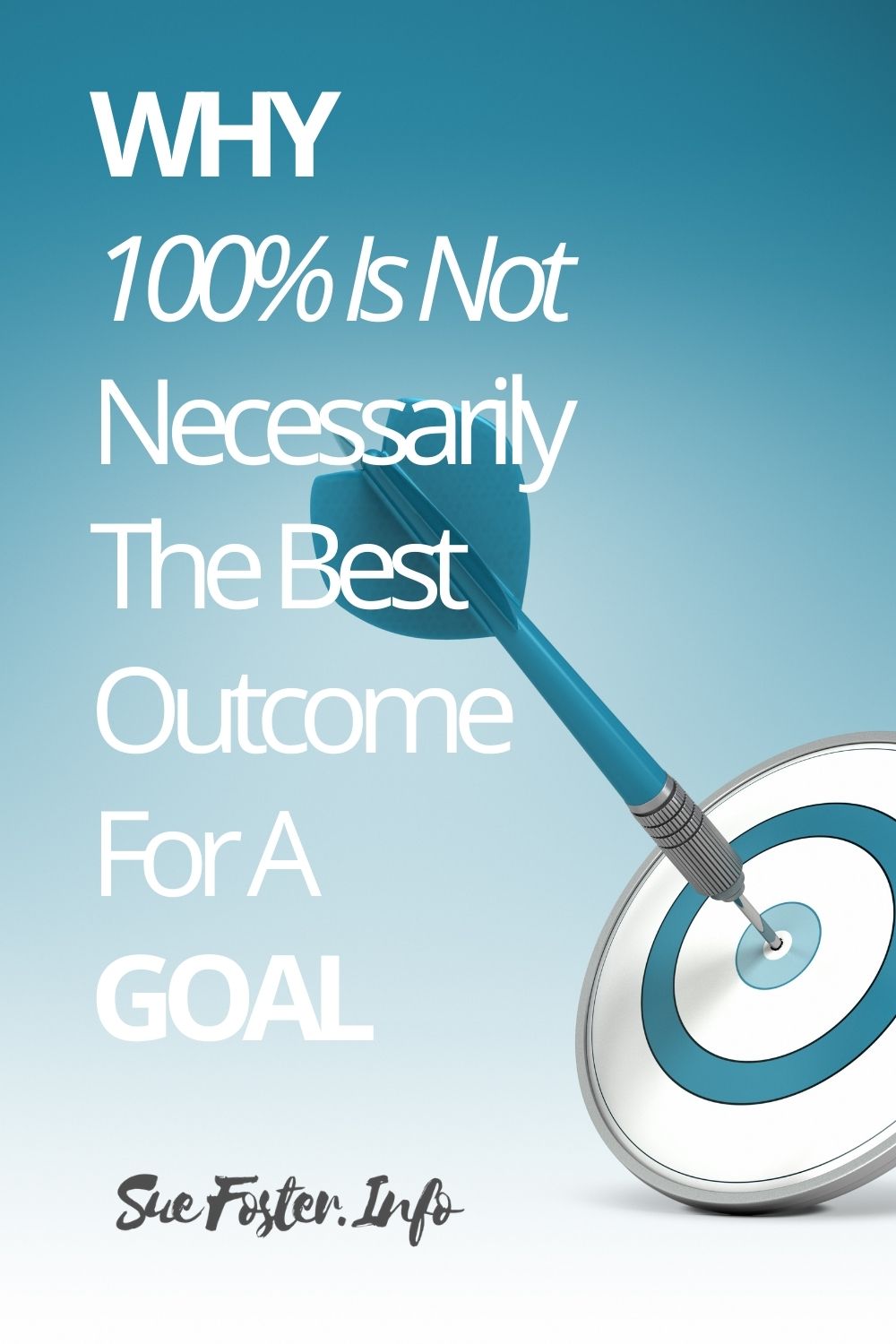Bare with me on this one. As odd as it sounds, fast growth companies like Google do not expect teams to achieve 100% of their goals. Achieving goals at somewhere between 60% and 80% is preferable as this is why.
When targets and goals are hard we are more focused, prolong our efforts, innovate, learn and collaborate more effectively.
What fast growth and ambitious companies want is to set hard or even really hard goals and invite teams to rise to the challenge, whilst making it safe to fail and learn, if that’s what ends up happening.
It’s this ability to set aligned, coordinated and collaborative goals with clear and hard to achieve measurable outcomes that are behind some of the worlds biggest success stories, and is the core of the goal-setting framework called OKRs is there to do.

What Does OKR Stand For?
OKR stands for ‘Objectives and Key Results.’ It is a collaborative goal-setting framework setting challenging goals with measurable results and is used by teams and individuals.
In fact, it was Google that ignited the touchpaper of the framework’s popularity amongst tech companies, and now most companies that require agility, ambition and autonomy, to name but a few modern workplaces ‘must haves’, use OKRs.
Objectives and Key Results: Driving Focus, Alignment, and Engagement with OKRs (Wiley Corporate F&A)
Are OKRs a Fit For You?
OKRs are a great fit for certain types of companies, and companies that are committed to being that type of company. Here’s the DNA of an OKR suitable company:
- Commitment from the top to empowerment, trust and autonomy of employees
- Micromanagement is not allowed
- Metrics / KPIs matter and an effort to measure what matters is made
- Agile ways of working that include shorter planning and execution cycles are being used across the company, not just in engineering
- Ambition and transparency are normal
- It’s safe to speak up, share ideas, and fail
- Failing is a learning experience
- Leadership and Team Managers are happy to share problems and admit mistakes
- Achieving goals at 100% every quarter is seen a sign that ambition is lacking
- Team success is more important than individual glory
After reading this, some companies know what OKRs are not for them. They are honest enough to admit they are more ‘command-and-control’. Want to know and see everything, and will prescribe what needs to be achieved and how, because otherwise the right things won’t happen. These are the classic signs of micromanagement.
Goal Setting & Team Management with OKR – Objectives and Key Results: Skills for Effective Office Leadership, Smart Business Focus, & Growth. How to Manage Projects, People & Employees.
Eyes on the prize
I don’t think it will be a surprise that companies that create purpose and have a culture of empowerment, autonomy, and agility perform really well. They are fit to deal with the now and because of their culture, systems, processes and habits, they can deal with anything the world throws at them. Even COVID.
At which point you’ve got to discuss survival. Is it going to be true that companies that are hanging on to old and outdated ways of working will eventually become irrelevant and die, albeit slowly? Given the number of transformation projects being worked on, I think the fear of that being true is real. Game on.


